How Soft Supercapacitors Could Transform the Future of Implantable Medical Devices?
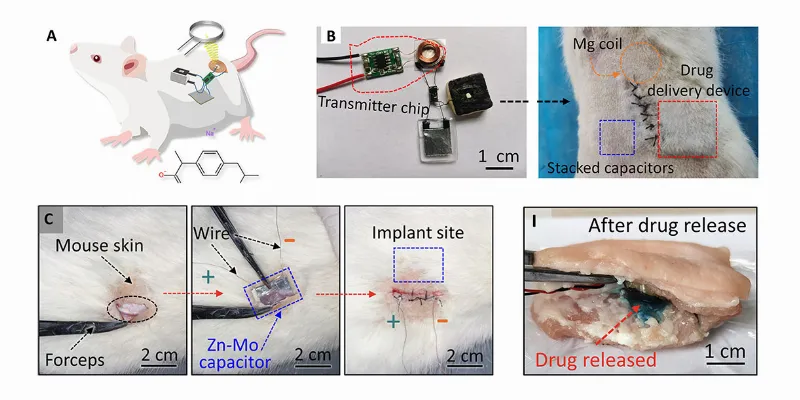

Medical Devices |
26 November 2023
In the fast-evolving domain of implantable medical devices, a groundbreaking development has emerged, poised to redefine the landscape of healthcare technology. A group of researchers from China and the US have developed a soft, implantable supercapacitor, which could change the future of medical devices. The research, published in Science Advances, is not only a marvel of bioengineering but also a beacon of hope for the millions reliant on bioelectronic devices, as it addresses their energy problems.
Consider following Hüseyin Kandemir on LinkedIn:>>>
Collaborative research by Lanzhou University, Dalian University of Technology, Qinghai Normal University, and Pennsylvania State University has led to the creation of a soft, implantable supercapacitor that solves one of the biggest problems – 'energy shortage' – for implantable medical devices.
Rapid advancements in high-performance, minimally invasive medical devices are transforming healthcare. These sophisticated devices, capable of continuously monitoring a range of vital health parameters, from diagnosis and disease progression, drug delivery and efficacy to organ rejection, also possess the ability to wirelessly transmit data.
The Energy Challenge
Despite these advancements, a major challenge persists: the energy supply. The current dependency on batteries presents limitations in lifespan, safety, and environmental impact. This has not only hindered the development of new technologies but also posed risks in existing devices, which suffer from short battery life and necessitate frequent, invasive replacements.
The Need for Sustainable Energy Solutions
There is an urgent need for biocompatible, biodegradable, wireless power systems. These systems are essential to mitigate inflammation risks and eliminate the need for additional surgeries. Finding a more efficient, sustainable, and biocompatible power source remains a critical focus in medical science.
Resolving these energy issues could drastically change the landscape of implantable medical devices. Numerous advanced devices, designed to monitor vital data, respond to treatment, and administer medication as per treatment protocols, are on the cusp of rapid deployment. A breakthrough in energy solutions would not only revolutionize diagnostic and treatment practices but also pave the way for the innovation of many new devices. This pivotal shift has the potential to transform the field of medical technology significantly.
To solve this problem, the research team devised a novel approach to power devices, opting for a supercapacitor over a traditional battery. Supercapacitors, in contrast to batteries, store electricity in its electrical form rather than as chemical energy. This distinction not only renders supercapacitors more flexible, functional but also significantly lighter.
The core of this technological leap lies in the soft, biodegradable Zn-ion hybrid supercapacitors. These units, made using molybdenum sulfide nanosheets as the cathode, ion-crosslinked alginate gel as the electrolyte, and zinc foil as the anode, have demonstrated high capacitance and output voltage. Their ability to conform to soft tissues, coupled with their biodegradability, makes them an ideal alternative to conventional power sources.
Researchers conducted initial tests on the supercapacitor to ensure that its degradation did not surpass the health safety thresholds for the materials used. Following this, the supercapacitor was integrated with a previously developed, biodegradable implantable medication dispensing device. This combined unit was then implanted into mice, which had fevers induced by yeast infections. Medicine was added to the implanted device for therapeutic intervention. Subsequently, it was observed that the mice receiving this treatment experienced a reduction in fever severity.
Flexibility, Biocompatibility and Longevity
Researchers pointed out that these supercapacitors boast an unprecedented level of flexibility and biocompatibility. They can comfortably integrate within the body, reducing risks associated with traditional rigid batteries. They outperform batteries in delivering high power output and have a significantly longer cycle life. This ensures reliability and consistency in powering devices like pacemakers, neurostimulators, and drug delivery systems.
Healthcare Transformation
In summary, this soft implantable energy supply system marks a significant advancement in implantable bioelectronics. Its ability to provide a consistent, wireless, and biodegradable power supply paves the way for more advanced, less invasive, and more patient-friendly medical devices. It holds the promise of transforming how chronic diseases are monitored and treated, significantly impacting both patient care and the development of medical technologies.
Abstract of the research
A soft implantable energy supply system that integrates wireless charging and biodegradable Zn-ion hybrid supercapacitors
Abstract: The advent of implantable bioelectronic devices offers prospective solutions toward health monitoring and disease diagnosis and treatments. However, advances in power modules have lagged far behind the tissue-integrated sensor nodes and circuit units. Here, we report a soft implantable power system that monolithically integrates wireless energy transmission and storage modules. The energy storage unit comprises biodegradable Zn-ion hybrid supercapacitors that use molybdenum sulfide (MoS2) nanosheets as cathode, ion-crosslinked alginate gel as electrolyte, and zinc foil as anode, achieving high capacitance (93.5 mF cm−2) and output voltage (1.3 V). Systematic investigations have been conducted to elucidate the charge storage mechanism of the supercapacitor and to assess the biodegradability and biocompatibility of the materials. Furthermore, the wirelessly transmitted energy can not only supply power directly to applications but also charge supercapacitors to ensure a constant, reliable power output. Its power supply capabilities have also been successfully demonstrated for controlled drug delivery.





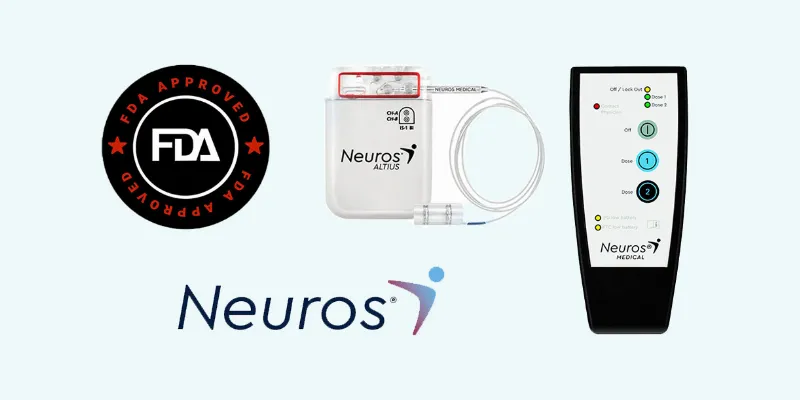
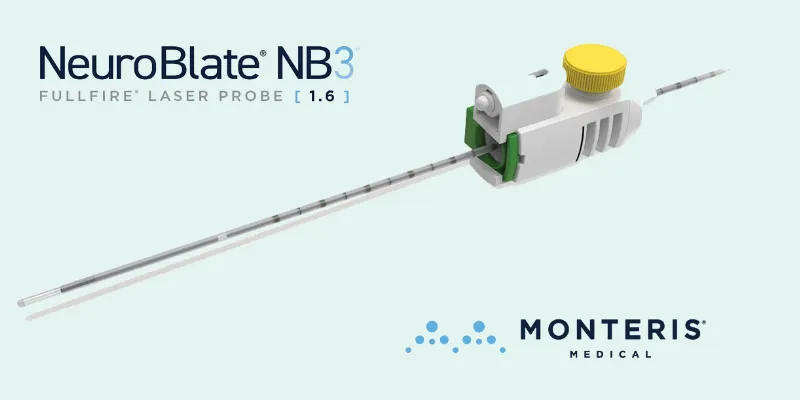
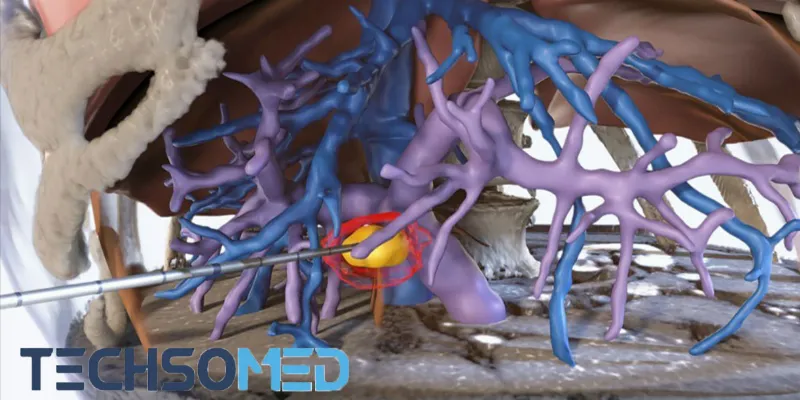
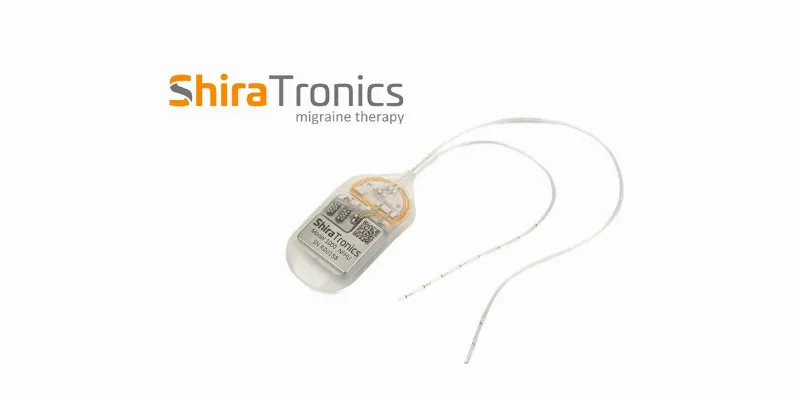
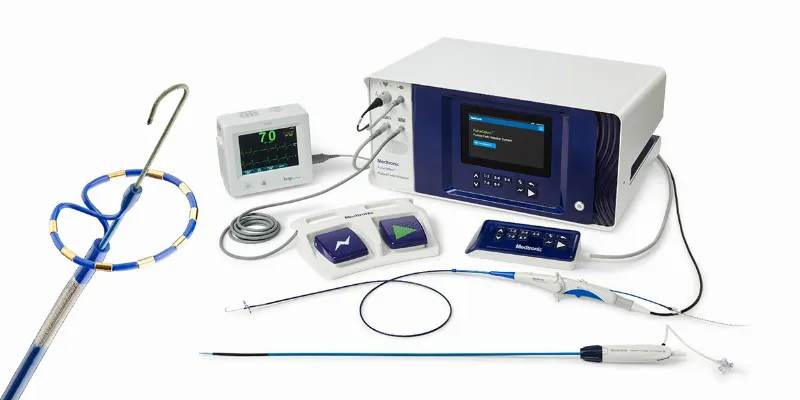
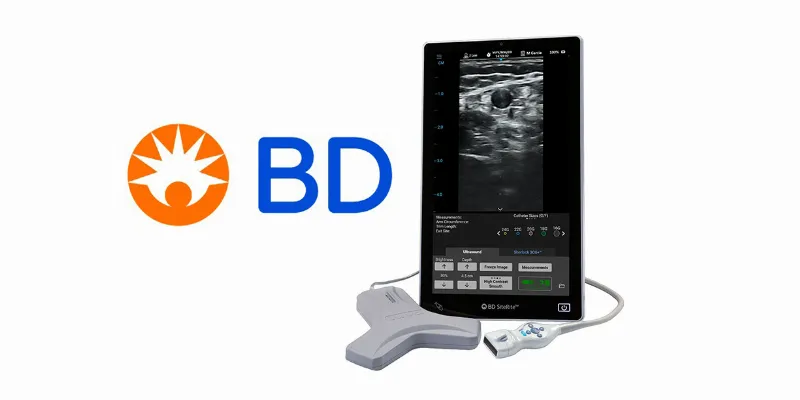
Comments
No Comments Yet!